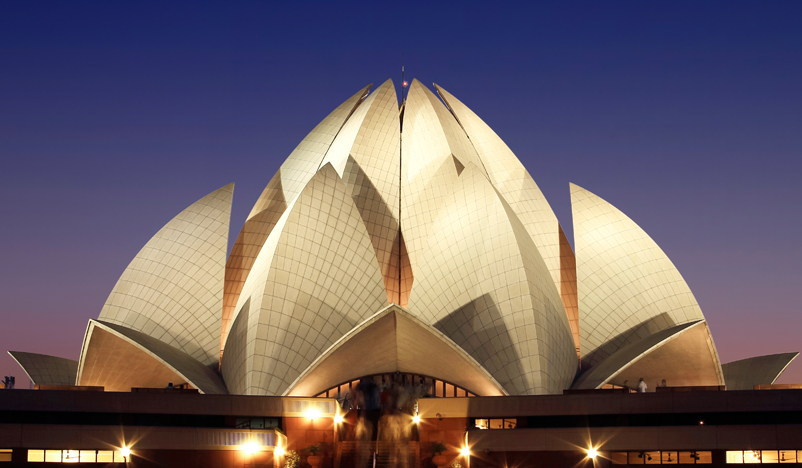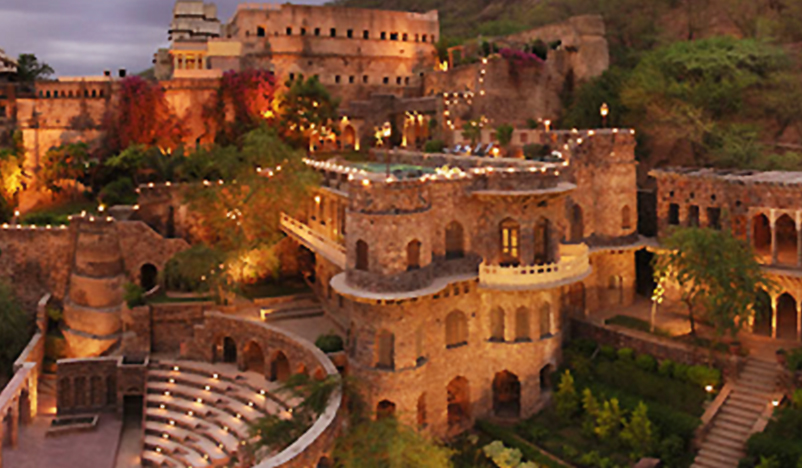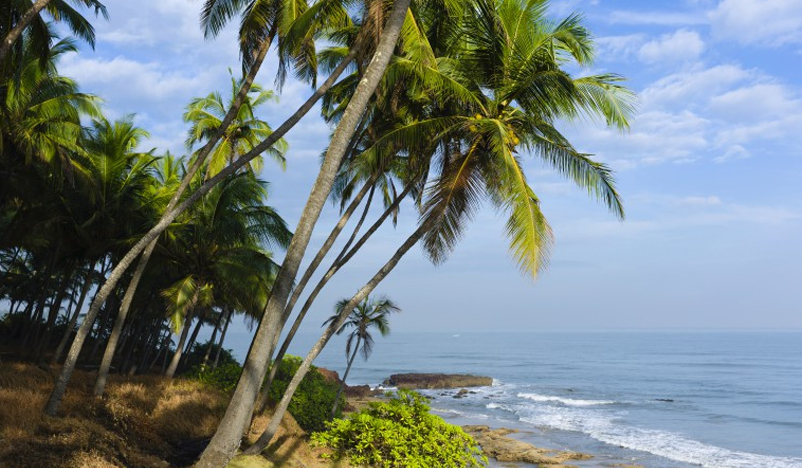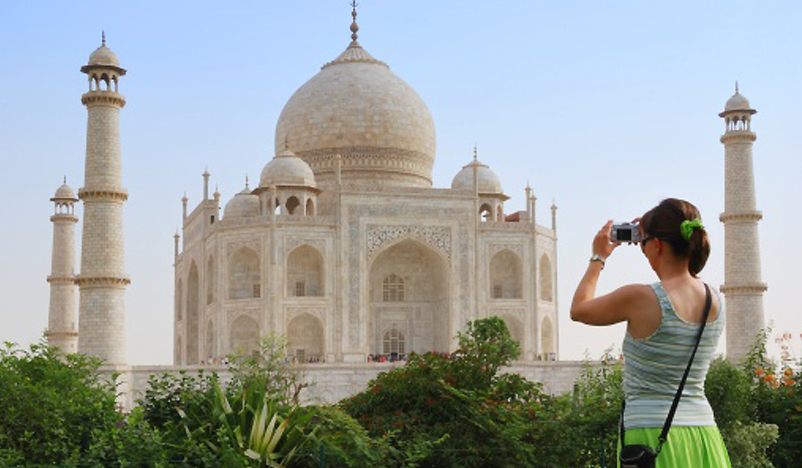India, also known as Bharat, is a Union of States. It is a Sovereign Socialist Secular Democratic Republic with a parliamentary system of government. The Republic is governed in terms of the Constitution of India which was adopted by the Constituent Assembly on 26th November, 1949 and came into force on 26th January, 1950.
The Constitution provides for a Parliamentary form of government which is federal in structure with certain unitary features. The constitutional head of the Executive of the Union is the President. As per Article 79 of the Constitution of India, the council of the Parliament of the Union consists of the President and two Houses known as the Council of States (Rajya Sabha) and the House of the People (Lok Sabha).
Article 74(1) of the Constitution provides that there shall be a Council of Ministers with the Prime Minister as its head to aid and advise the President, who shall exercise his/her functions in accordance to the advice. The real executive power is thus vested in the Council of Ministers with the Prime Minister as its head.
India has a unique culture and is one of the oldest and greatest civilizations of the world. It stretches from the snow-capped Himalayas in the North to the Sun drenched coastal villages of the South. In this section, you will certainly get the best glimpse of this great country.
India is a pictorial kaleidoscope of landscapes, opulent historical and royal cities, golden beaches, misty mountain retreats, colourful people, rich cultures and festivities. A trip to India is exceptional for the tourists, as this wonderland has always offered something new.
India offers a different aspect of its personality – exotic, extravagant, elegant, and eclectic -- to each traveller to the country. With this section, we aim to help you choose that particular experience which will shape your vision of the country.







